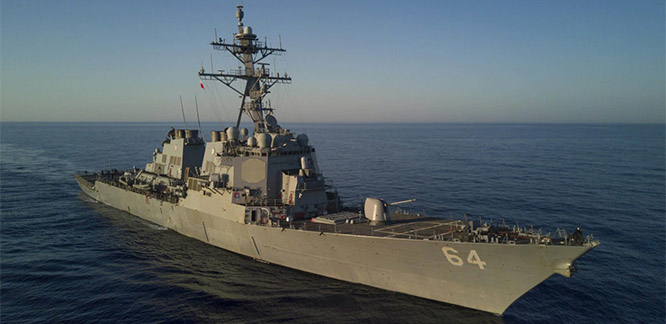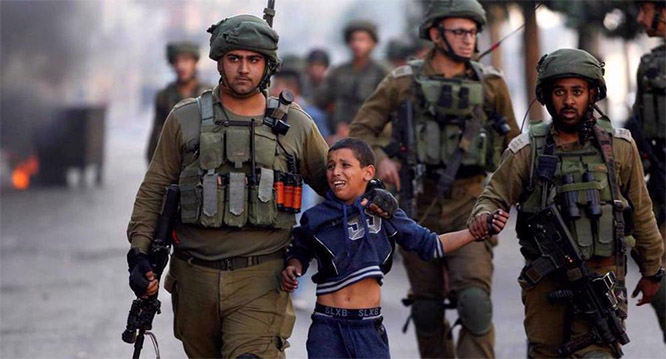Manama, Dec 7: Regional security and economy top the list of issues being discussed at the two-day Gulf Cooperation Council (GCC) summit taking place in the Bahraini capital.

In the opening session of the 37th GCC summit, Custodian of the Two Holy Mosques King Salman commended the council’s achievements since the previous meeting, including the establishment of the GCC Commission of Economic and Development Affairs last month.
“This aims at elevating the level of collaboration between the Gulf states,” said King Salman, who stressed the need to intensify collective efforts to guarantee regional stability amid the challenges facing the Arab world, including “terrorism, domestic struggle and bloodshed.”
He added: “We are all in pain at what is happening in Syria and what the Syrian people are going through.”
King Salman added that this highlighted the need for the “international community to end the bloodshed and reach a political solution to achieve security and stability in Syria.”
Kuwaiti Emir Sheikh Sabah Ahmad Al-Jaber Al-Sabah said the Gulf region was facing economic challenges triggered by the drop in oil prices. He added that the summit coincided with rapid international changes. Bahrain’s King Hamad bin Isa Al-Khalifa said the summit came at a time of unprecedented economic and political challenges facing the region.
Bahrain’s Crown Prince Salman bin Hamad Al-Khalifa met Tuesday with British Prime Minister Theresa May, who is the guest of honor at the summit.
The crown prince said the meeting with May reflected the importance of the UK’s strategic ties with Bahrain and the GCC.
Manama is the third destination in King Salman’s Gulf tour, following visits to the UAE and Qatar. He will then head to Kuwait, which concludes the tour.
King Salman led the Saudi delegation to the summit, which started with King Hamad’s inaugural speech.
The Bahraini king thanked King Salman for his efforts during the previous GCC session, lauding his wisdom in dealing with the challenges ahead.
King Hamad also thanked the GCC leaders for contributing to enhancing brotherly relations among the GCC countries, saying: “In light of the political and economic developments in the world, GCC states need more cooperation and integration. The Gulf council is an important platform for enhancing regional and international security and stability through active
political initiatives vis-à-vis regional conflicts and through preventing foreign interference in its internal affairs.”
The king also thanked GCC Secretary-General Abdullatif Al-Zayani for his efforts to follow up on and implement the council’s decisions.
King Salman said in Yemen, efforts are being exerted to end the struggle and achieve security and stability under a legitimate government and according to the GCC initiative and UN Security Council Resolution 2216, issued thanks to the efforts of the UN special envoy to Yemen.
The king said the GCC countries are gearing for a better future that meets the aspirations of their citizens for more prosperity and dignified living, and achieves security and stability in the region.
Kuwait’s emir highlighted the need to bolster GCC cooperation to attain further accomplishments that will reinforce solidarity among the Gulf nations. He said the scourge of terrorism, which poses a threat to regional security and stability, could only be countered through concerted efforts.
He said there was a need for a constructive dialogue between the GCC and Iran, and urged Tehran to cease meddling in the internal affairs of other nations.
Al-Zayani highlighted the importance of deepening integration in all fields, pointing out that the ministerial council submitted recommendations aimed at enhancing joint GCC action.








Comments
Add new comment